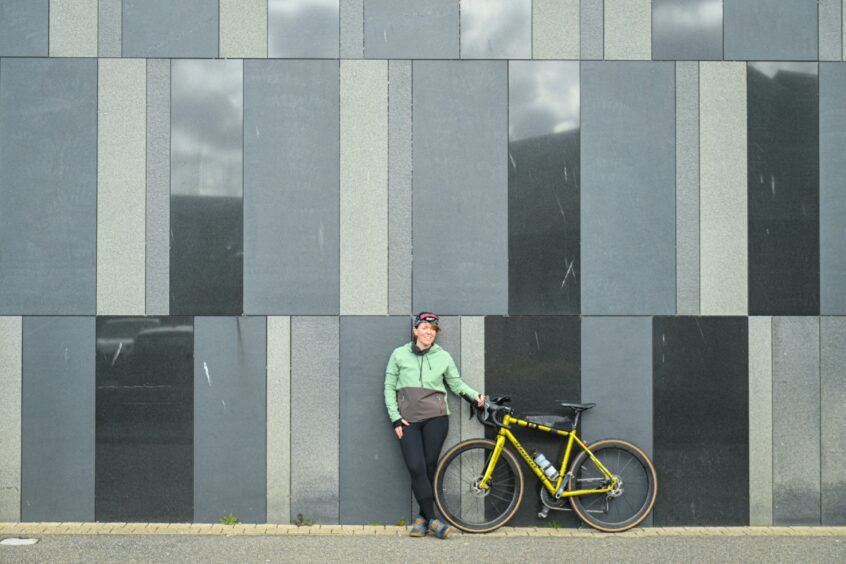
Jenny Graham was overcome by self-doubt before she launched herself on the pursuit of history and a place in the Guinness World Records (GWR) book in 2018.
She recalls internally beating herself up, as she prepared for one of the greatest tests of anybody’s mettle; travelling across the globe by bike, on her own, in what amounted to a little matter of 18,000 miles during the course of four months.
But if there were any reservations over her stamina, resolve, technique, temperament or sheer bloody-mindedness, these were dispelled once the Inverness woman embarked on her quest.
In the build-up, she may have stared at the ceiling with her brow furrowed and her chest so heavy that “it felt like it was physically pinning me to the mattress”.
Yet, whether negotiating sub-zero temperatures in Australia, being a natural target for the insect kingdom in Lithuania, or being embroiled in dangerously close encounters with lorries on the notorious Trans-Siberian Highway, the then 39-year-old child-support worker from Inverness was determined that nothing would stop her mission.
She boldly went into the record books
And, by the finish, as she travelled towards the Brandenburg Gate in Berlin, she hadn’t merely shattered the existing record – previously set by Italy’s Paola Gianotti in 2014 – by nearly three weeks, but had done so with the sort of steely drive and determination which marked her out as a true champion and a Highland warrior.
The 18,000-mile route took her across four continents and 16 countries as she journeyed from Germany to Poland, Latvia, Lithuania, Russia, Mongolia and China and thereafter to Australasia and North America.
Not bad for somebody who didn’t even begin cycling until she was in her 20s, but whom, once the bug struck, has fallen in love with it and become an iconic figure for the many people who willed her on as she began her fantastic journey five years ago.
She grew up with Record Breakers
Even she is unsure where the seeds were originally sown, but Jenny isn’t inclined to do anything at less than 100%, or not once she has adopted the mantra “Coffee First, Then the World”, an appropriate title for her compelling new book about her exploits as she tackled a challenge which most of us could only dream – or have nightmares – about.
She explained: “It’s hard to say where the Round the World project began for me. It had many different starts and stepping stones to get to this point.
“It could have been in the early 1990s when I obsessed over Cheryl Baker and Roy Castle’s Record Breakers programme [on the BBC]. Every week, different people would attempt to break or set a Guinness World Record, [ranging] from the sublime to the ridiculous and I was entranced by every single one.
“Although I was more interested in competing with the man who had just sat in a bath of baked beans for 100 hours than I was about cycling round the world, it was the first time I remember questioning what action was needed between having the dream and then making it happen.
That course changed my life
“Perhaps it was in 2004, when I was about to turn 24 and a world of new possibilities opened up. My son, Lachlan, had started school and, as a young mum with more time on my hands, I enrolled on a six-month outdoor pursuits course at Inverness College.
“There, I learned to ski, snowboard, canoe and kayak, navigate, rock-climb and embrace the technical skills of mountain biking with the overall aim of becoming an instructor. I had never identified as ‘sporty’, but I enjoyed adventures in the outdoors and I instantly felt at home on a hillside.
“I was aware of things like the Tour de France from clips on the TV, but what these men were doing on bikes didn’t feel in any way connected to to how I used a bike.
“[But] it was the six-month course that would expand my vision – and change the trajectory of my life. Overnight, I could see the Highlands for what they were: the greatest playground of all time.”
Record bid needed lots of planning
In 2017, Jenny was given an Adventure Syndicate (a Cycling UK-affiliated group) bursary place and met coach John Hampshire, who offered to help her for a year without payment. It was, in her words “a golden ticket”, an opportunity for her to advance to new standards on her bike, but there was still an abundance of forms to fill, details to check and embassies to consult before she could commence her odyssey.
The official rules were intricate and couldn’t be sorted out in a few days or even weeks. On the contrary, this was one of those experiences where so many factors had to align for Jenny to organise her affairs, sort out the personal stuff and orchestrate a situation where she could decide to have a crack at beating the old record of 144 days.
Stopping the clock was contentious
Giannotti’s effort had sparked controversy in its own right. She was hit by a vehicle while crossing the United States and broke her fifth vertebra, at which point the GWR organisers decided to allow her to pause her bid and spend four months in recovery.
But could you really argue she had done the journey in one trip in these circumstances? As Jenny said: “There is no argument that the accident must have been hugely traumatic – thankfully, Paola made a full recovery – but stopping the clock caused a lot of contention. That simply doesn’t sit within a race format and it is hard to agree that a broken ride should take the record from an uninterrupted one.
“That’s my two cents’ worth, but it’s not my opinion that counts.”
Getting down to the nitty-gritty
The account of Jenny’s privations is brilliantly conveyed. People who imagine that these assignments are in any way romantic should take a bite from a reality sandwich.
There was one night where she couldn’t find any accommodation. Instead, she slept in a field by the side of the road on the outskirts of Adincava [in Lithuania] and woke up to an ant infestation in her food bags. “I didn’t realise the extent of the issue until I was a few kilometres down the road and a constant stream of ants were appearing in lines, marching from the bags and then falling from my handlebars, like lemmings.”
In Russia, she soon found herself in battles with the oncoming traffic – “battles I could only lose”. The insects preyed on her – “I was covered in bites, mainly from mosquitoes, clegs [horseflies] and ants – and she prayed for some respite from their attacks.
Tales from the Highway to Hell
On the Trans-Siberian Highway, massive vehicles whooshed past her at an alarming rate, as she stuck tenaciously to her task, despite facing scenes straight from Spielberg’s Duel – the film where a motorist is tracked and threatened by a monster juggernaut.
She said: “I’d hold my breath as they hammered past me, just millimetres from my arm. I’d even pass some [lorries] that hadn’t been able to hold their speed and overturned.
“It was terrifying. I’d hear a loud blast behind me and I’d jump off the road into the gravel, bushes, or whatever happened to be there. As the least important person on the road, I was the pawn that could be sacrificed at any moment.
“[There were] regular memorials to people who had lost their lives on the highway: steering wheels, bumpers and number plates were decorated in flowers, pictures and teddy bears. Death on that road wasn’t just accepted, it was expected.”
But she held firm all the way
There were plenty of other pitfalls and perils on her route which went east from central Europe, as the prelude to her travelling to Australia and New Zealand during the winter in the Southern Hemisphere, where the frost can be every bit as thick as Inverness and the cold nags away at your resolve like the toothache.
The next leg took her from Anchorage in the US to Halifax in Canada and then, on the final stage of her marathon, Jenny returned to Europe and, oblivious to any insect bites or the impact of months of pedalling incessantly, she rode on, defiantly unbowed, from the Iberian peninsula through to her Holy Grail of the Brandenburg Gate.
It’s hardly surprising that the climactic scenes were emotional. Or that, even now, almost five years after she reached her destination on October 18 2018, Jenny’s memories of it can make the hairs stand on the back of your neck.
This proud Scot was in dreamland
As she said: “Scotland flags were waving and the roaring of cheers and claps and whoops came from all around. I saw Nic, my sister, who had been there with me through every pedal stroke, making sure not one day passed without me knowing she was thinking of me. We hugged tightly.
“And Lachlan, my boy. So handsome, he was gleaming. ‘Hi Mum’. ‘Aw, I’ve missed you’ I said, pulling in close and squeezing. I couldn’t believe I had him in my arms again after all that time. The hugging continued on rotation.”
Her achievement had still to be formally verified and the process took months. But eventually, in 2019, the GWR team confirmed she had attained her objective – and she is part of a unique combination with her compatriot Mark Beaumont, who holds the men’s world milestone after circumnavigating the globe in 78 days in 2017.
Cycling was her saviour in lockdown
In the months following her extraordinary feat, Jenny was in demand as a motivational speaker and subsequently joined forces with Beaumont – to whom she is very grateful for all his tips, advice and encouragement – as they collaborated on a film with TV presenter Si Richardson about riding the North Coast 500.
Since then, she has worked as a director at The Adventure Syndicate, an organisation which promotes women in cycling, been a presenter on the Global Cycling Network documentary channel, and now she has a book – a rather wonderful, wild, wacky, wisdom-packed book – to promote, which she is doing on a tour of Britain on her bike.
The long haul begins next week in Bournemouth on April 13 and Jenny will traverse the country, including Oxford, Bristol and Leeds, before appearing in Edinburgh on May 7 and 8, Aviemore on May 10 and a climactic event in Inverness on May 12.
The bike was my go-to thing
Ultimately, I wondered how she had reacted to the blight of Covid lockdown, given how she had taken flight less than a couple of years before the world shut down.
She said: “Well, I was lucky in where I lived. The bike was my saviour and we had the whole of the Highlands to play in. It was my go-to thing and it kept me sane.”
Jenny Graham doesn’t think she’s special. The rest of us – including the myriad baristas who have warmed up her life – are entitled to disagree.
Coffee First, Then the World is published this month by Bloomsbury.


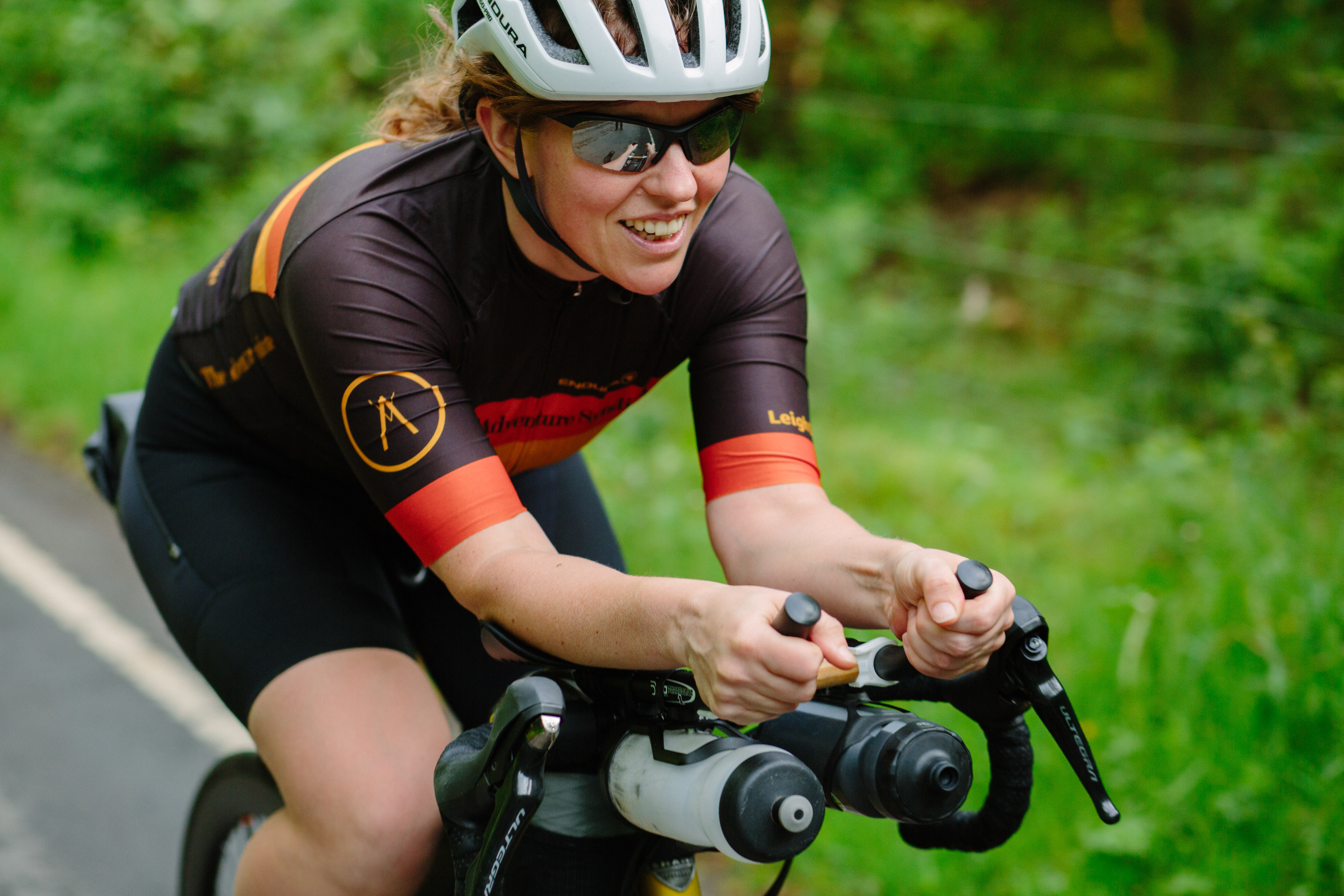
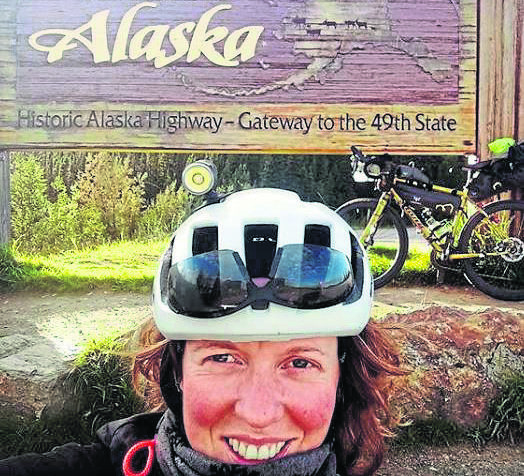
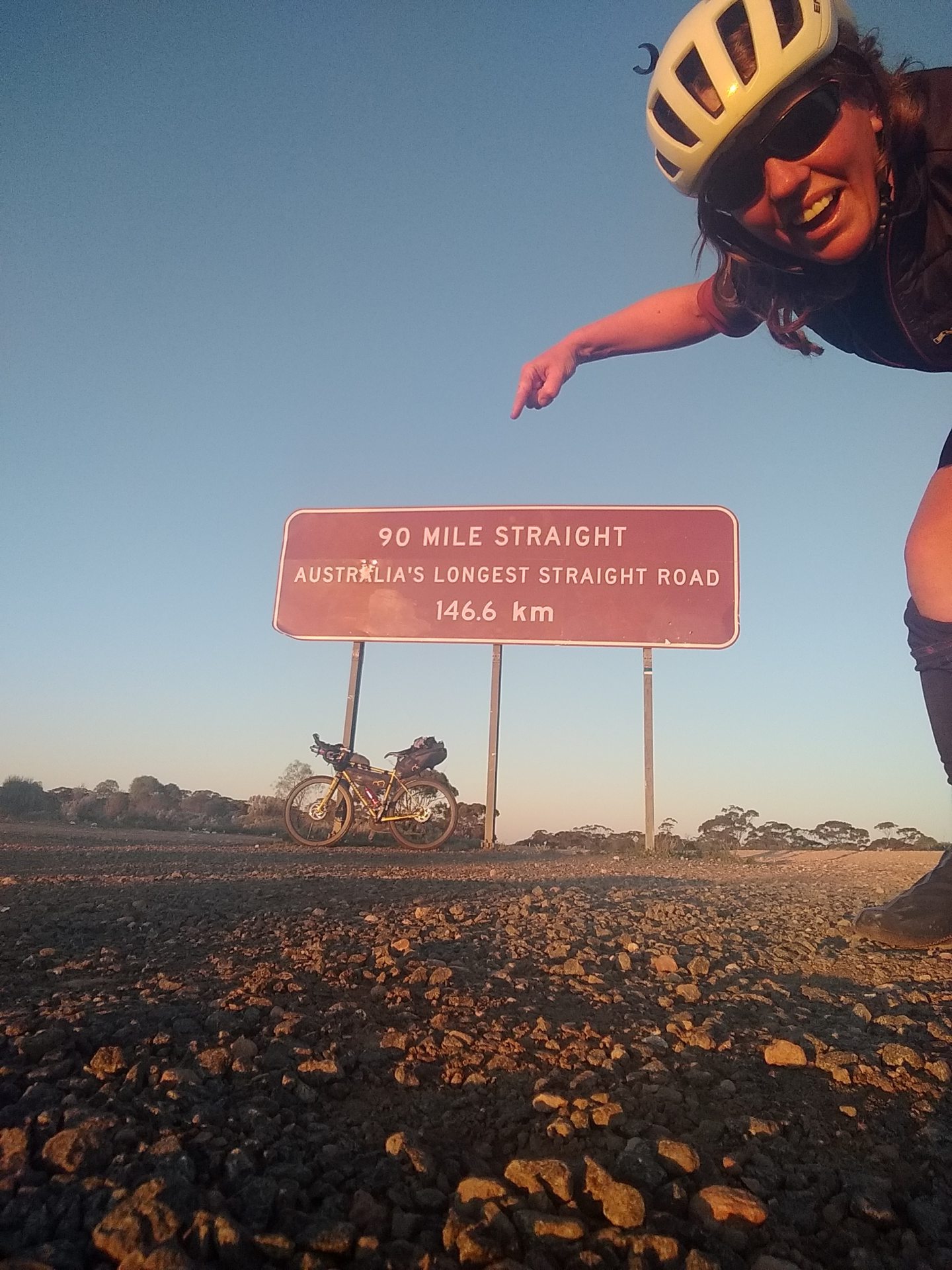

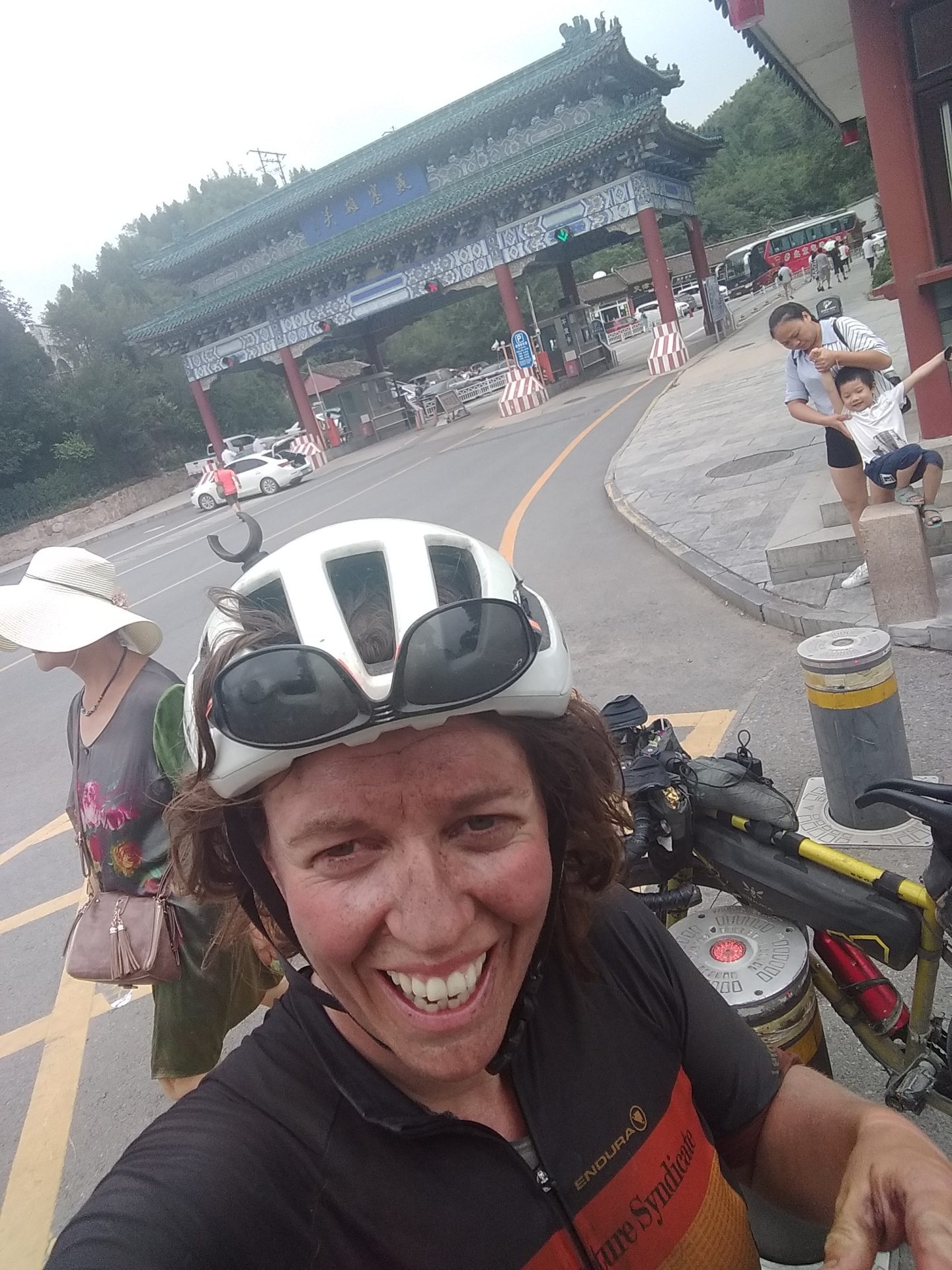
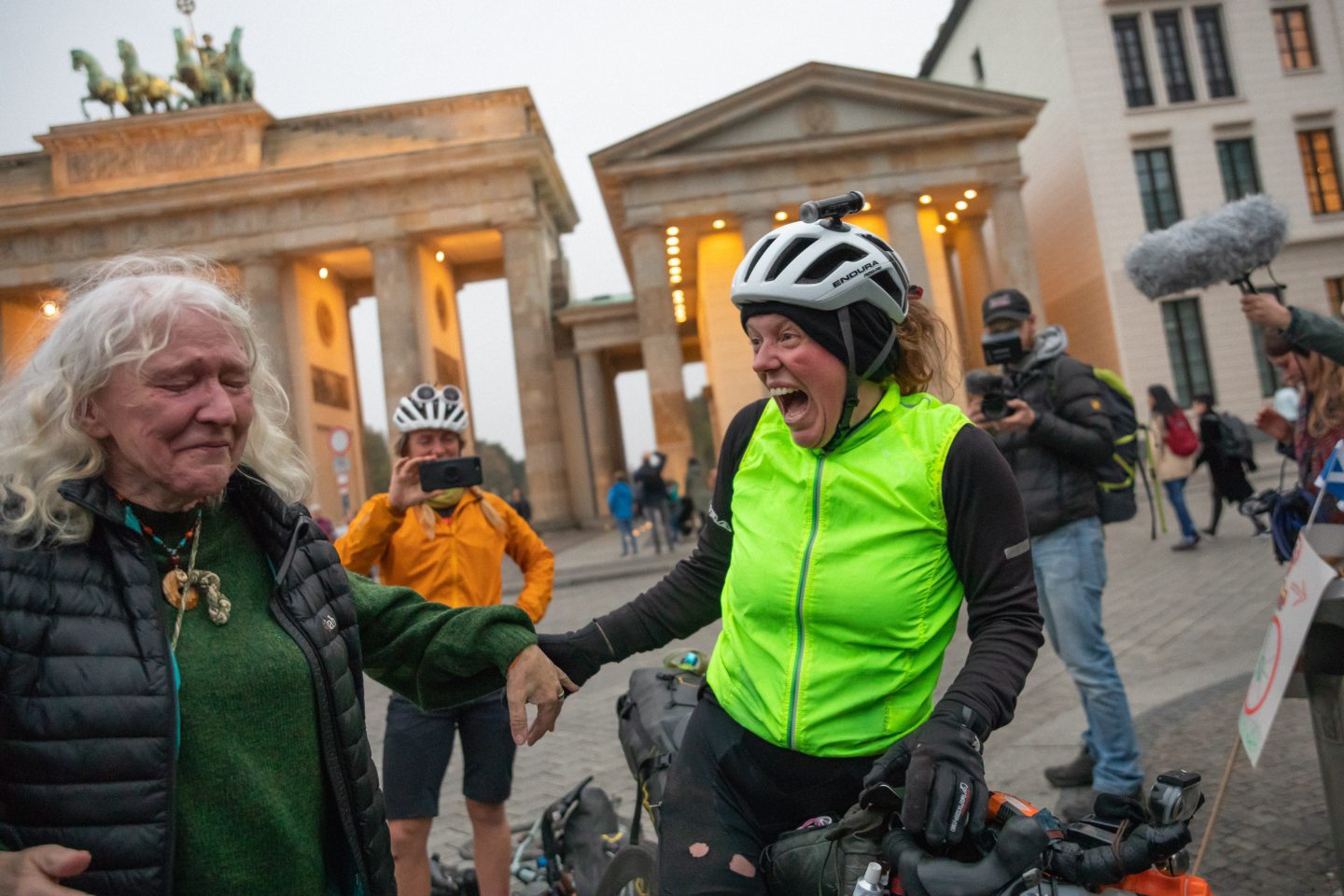

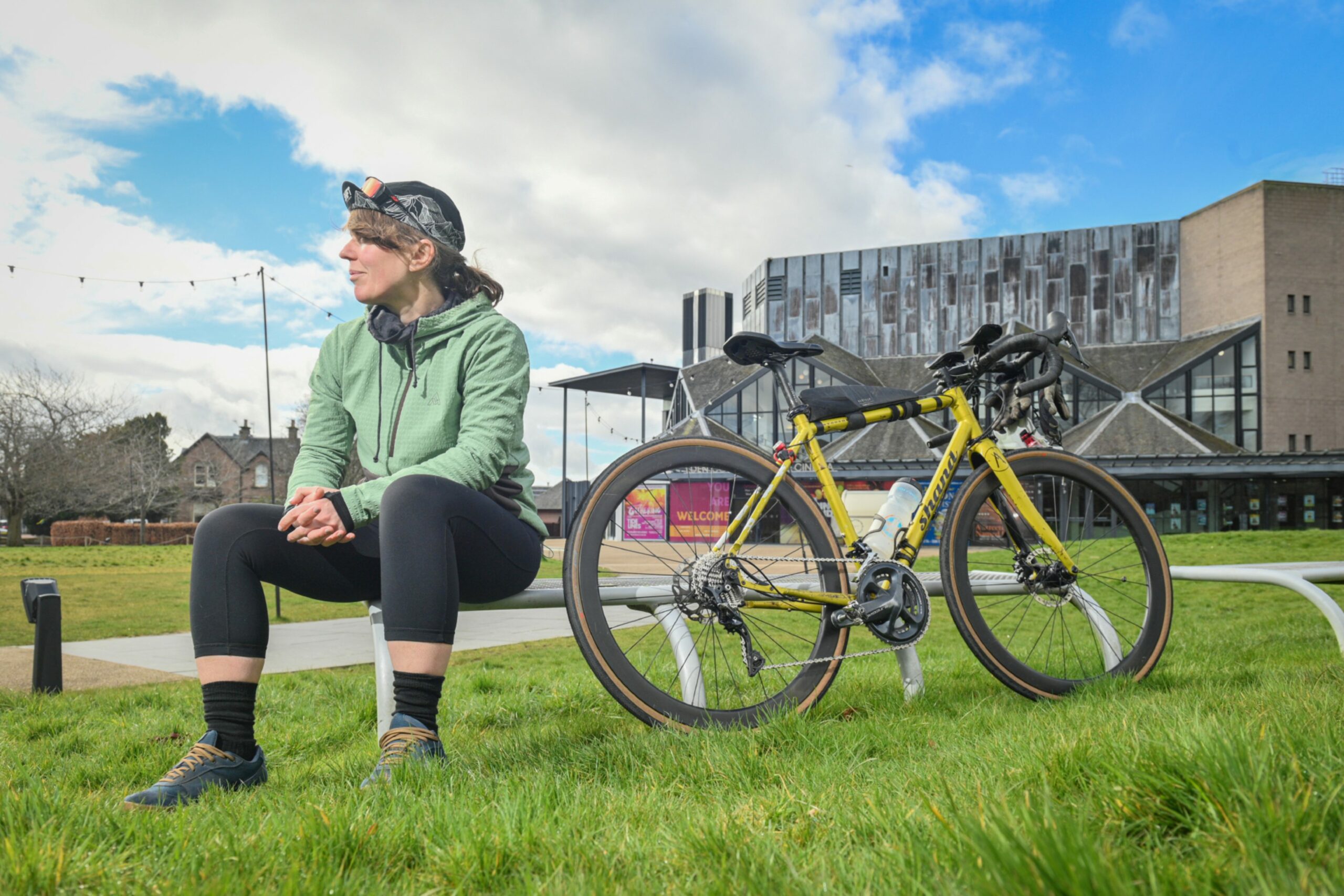
Conversation